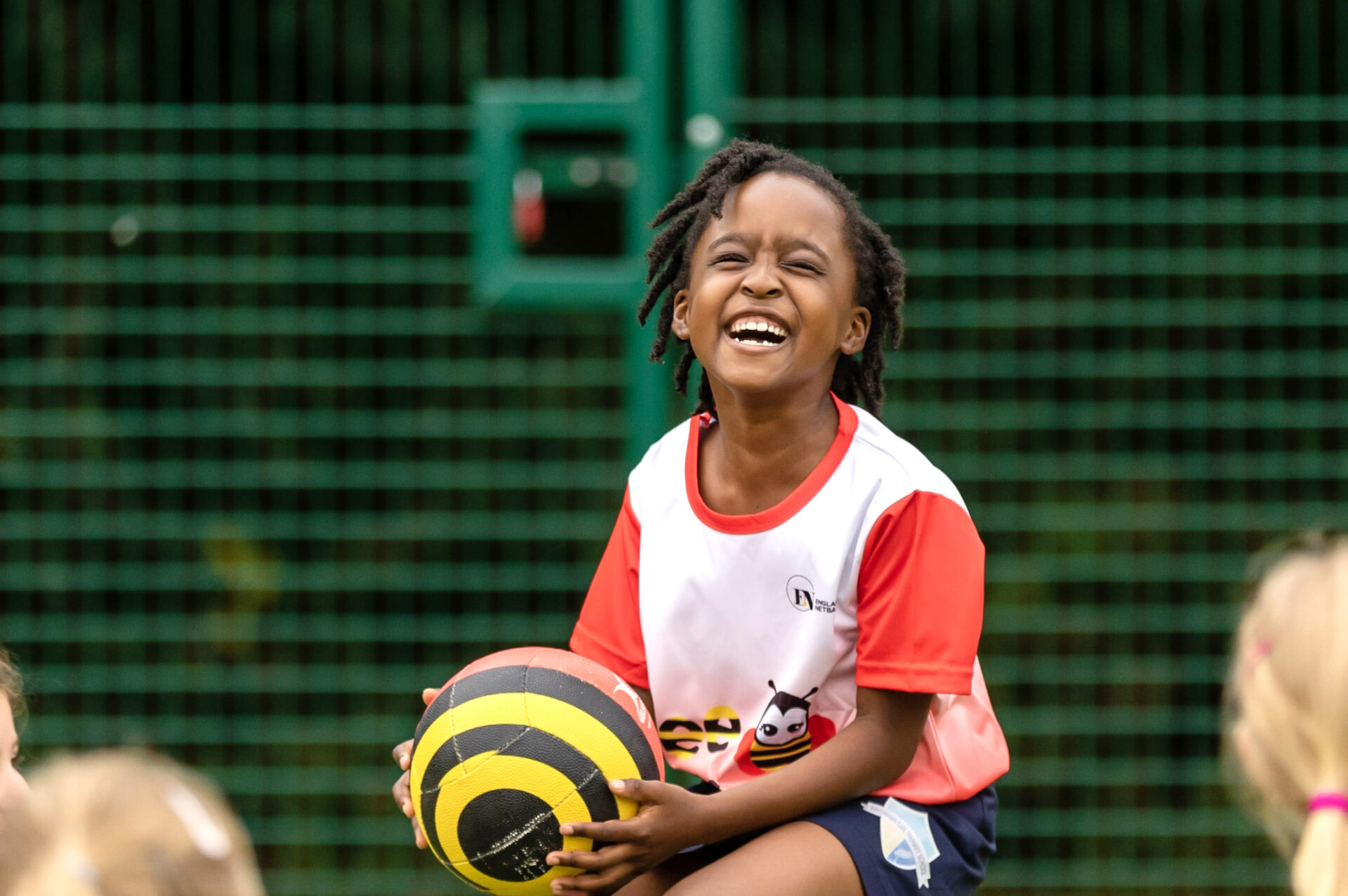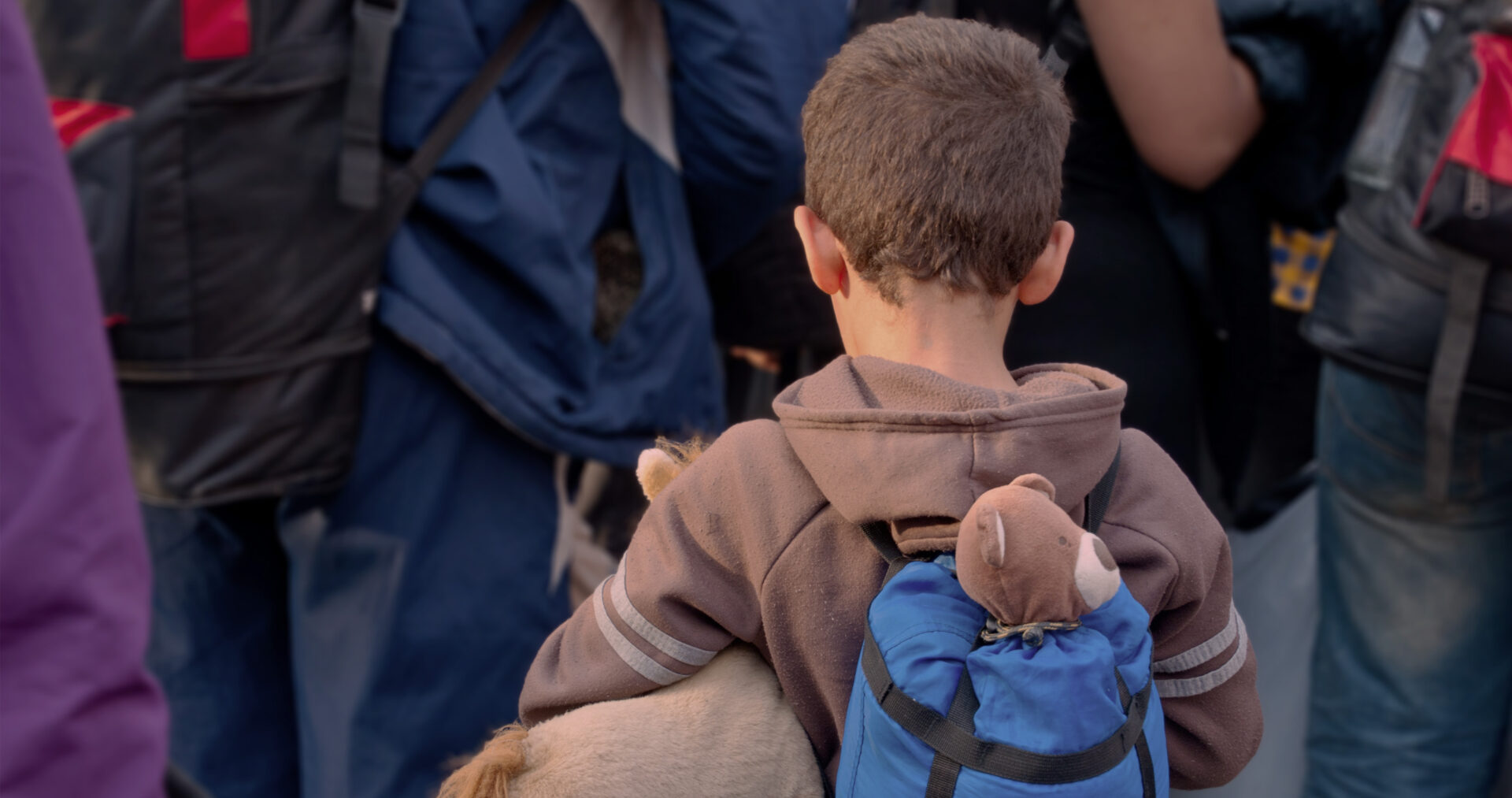Sport England is an arm’s length body of government responsible for growing and developing grassroots sport and helping more people get active across England. They use expertise, insight, campaigns and targeted funding from the government and the National Lottery to achieve this.
They have a particular focus on groups that face inequalities, and who are more likely to be inactive. This includes groups such as those living in deprived areas, people with disabilities, people from culturally diverse communities and women.
The Challenge
Sport England noticed a decline in the physical activity level of young people and aimed to find out what factors may be influencing this. Data has shown that the current generation of 16-24 year-olds is less active than their predecessors. Research was required to understand people’s perceptions of sport and physical activity, discovering how this aligns with what matters to them and how it fits with their priorities.
They also wanted to explore if physical activity provision is meeting the lifestyle needs of young people, aiming to gain a deeper understanding of the barriers.
Aligning with their organisational goals and aiming for a thorough examination of inequality, it was of significant importance to understand the research from the perspective of groups that are often under-represented. This includes individuals from culturally diverse backgrounds and families with low income.
Our approach
Savanta recognised that to meet the objectives of this research, an innovative and inclusive methodology would be required. Therefore, we opted to conduct participatory qualitative research, using an approach we call peer researchers, a peer lead methodology which puts participant engagement at the core of the work.
Peer researchers are individuals who have a similar lived experience to the target audience of the research study. In this study, they were young people aged 16 to 24 who were recruited and trained by Savanta to work as junior researchers. They acted as a crucial conduit between the core team of senior researchers and the participants, who were young people themselves.
Chosen to be representative of different demographic backgrounds, including gender, socio-economic status and ethnicity, each peer researcher was paired with a Savanta research consultant who acted as a mentor. These peer researchers were then assigned a group of participants to moderate on a 5-day online community expertly crafted by Savanta’s core research team. Daily check-ins between the peer researchers and the Savanta research team were conducted, providing an opportunity to exchange findings and insights gathered from the previous day. At the end of the fieldwork period, the peer researchers were invited to join an in-person analysis workshop session to share their thoughts and observations.
As members of the extended research team, the peer researchers played a valuable role in driving positive interaction between participant and researcher. Peer researchers allowed participants to feel comfortable and discuss their experiences freely with somebody who could credibly empathise with their situation. This meaningful link between participants and the research team ultimately resulted in deeper conversations and more meaningful insights.
The peer researchers helped interpret colloquial terms and explain the motivations behind the behaviour, which may not have been obvious to researchers who are much older than the participants themselves. By breaking cultural barriers and navigating nuances, subtleties and taboos, peer researchers can make sure that the research remains respectful and accurate.
The outcome
Findings from this research, which demonstrated how young people perceive different types of activity and sports, were especially interesting to Sport England, who have since used this as the foundation for follow-up work in this area.
Additionally, Sport England and their partner organisations have been able to use these insights to inform effective messaging focusing on different sports, especially when positioning to those who are currently inactive.
From a wider organisational perspective, the success of the peer-led approach means the methodology has been adopted internally and will be used for further research across different Sport England teams. The adaptability of this methodology has allowed Sport England to design further research looking at different audiences (e.g. deprived communities), which will allow them to better understand populations of particular interest to Sport England.
For the peer researchers themselves, the project provided them with valuable experience working collaboratively with research experts in a professional setting. This provided valuable training and work experience which can be added to their CVs when they look to begin their careers in market research or elsewhere.
‘The Savanta team did an excellent job of recruiting and training a cohort of peer researchers that mirrored our participants and ensured that we got their valuable input at each stage of the research cycle, e.g. design, fieldwork, analysis etc. We were very pleased with the final output, and the success of the project means we intend to use participatory research more regularly in the future.’ – Nilen Bhatt, Senior Research and Evaluation Manager, Sport England.





